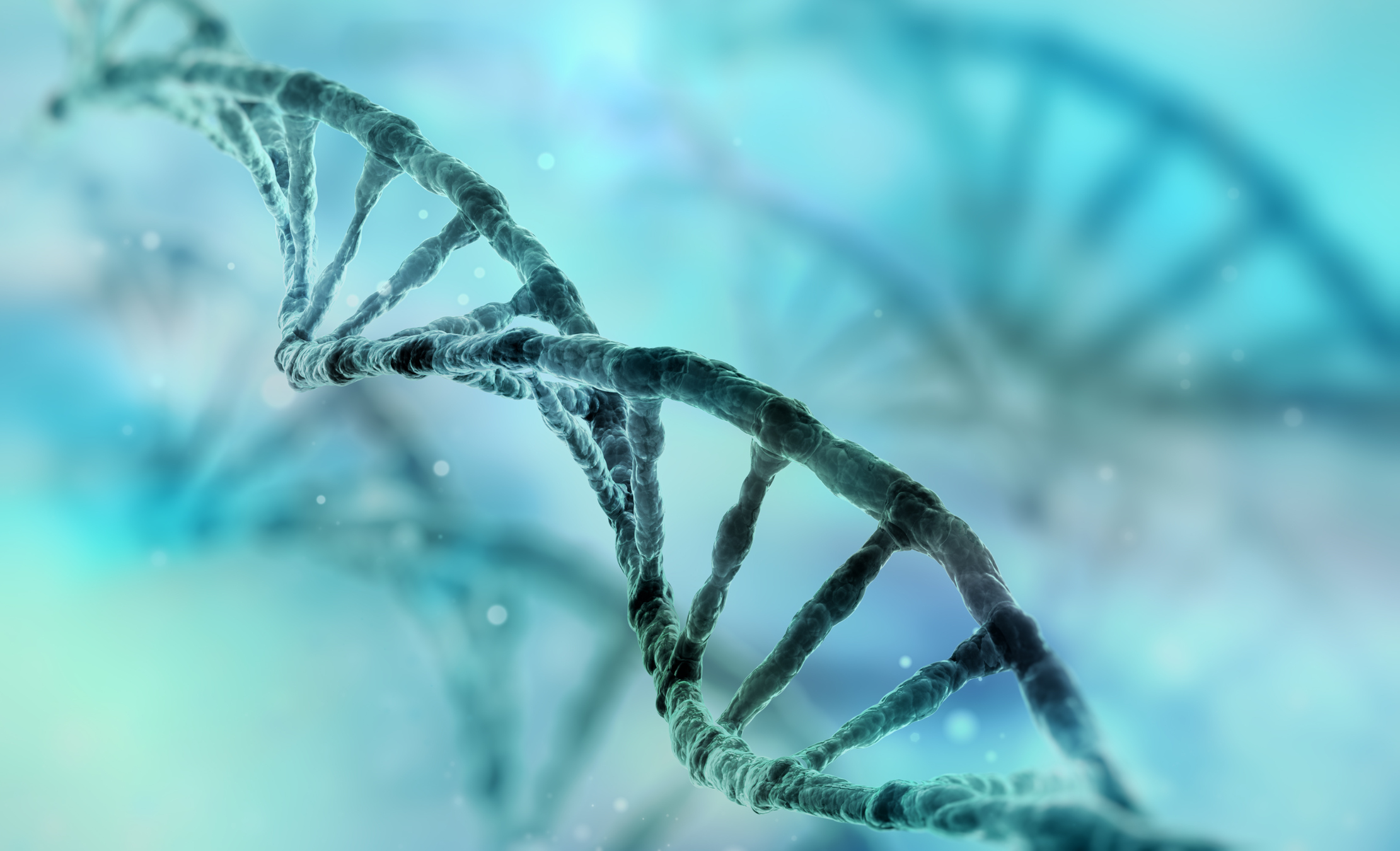Byline: Melissa Rohman
-

Encoding Hierarchical Assembly Pathways of Proteins
Northwestern investigators have identified a novel approach to control the hierarchical assembly of protein pathways with DNA, which may facilitate the construction of synthetic protein materials.
-

Cultivating Africa’s Research Enterprise
Through the Robert J. Havey, MD Institute for Global Health, Feinberg faculty across disciplines are training investigators from Africa, many of whom are enrolled in Feinberg graduate programs, on how to effectively conduct research about diseases currently impacting their home countries.
-

Lloyd-Jones Testifies in Support of Cardiovascular Health Legislation
Donald Lloyd-Jones, MD, ScM, chair of Preventive Medicine and the Eileen M. Foell Professor of Heart Research, and current president of the American Heart Association, recently testified before Congress in support of legislation that would improve cardiovascular health in the U.S.
-

Three PA Students Awarded National Health Service Corps Scholarships
Three first-year students in Feinberg’s Physician Assistant (PA) Program have been awarded scholarships from The National Health Service Corps (NHSC) Scholarship Program.
-

Study Finds Financial Incentives for Low-Risk Clinical Trials are Ethical
In one of two low-risk randomized clinical trials, financial incentives increased study participation, and the use of financial incentives in both trials were deemed not unethical, according to recent findings.
-

Study Identifies Expanded Role for Metabolic Enzyme in Kidney Cancer
The underexpression of a specific metabolic enzyme is a common and adverse epigenetic modulating feature in clear cell renal cell carcinoma, which accounts for 80 percent of all kidney cancers, according to a recent study.
-

Advancing Treatment for B-cell Acute Lymphoblastic Leukemia
Tisagenlecleucel, a chimeric antigen receptor (CAR) T-cell immunotherapy, demonstrated safety and efficacy in pediatric patients with relapsed and refractory B-cell acute lymphoblastic leukemia, according to recent findings.
-

Three Feinberg Faculty Elected to National Academy of Medicine
Elizabeth McNally, MD, PhD; Melissa Simon, MD, MPH; and Guillermo Ameer, ScD; have been elected to the National Academy of Medicine.
-

Medical Student Helps Establish ‘Walk with a Future Doc’ Program
Second-year medical student Veronica Zheng is the co-founder of the “Walk with a Future Doc” program, which connects community members and Feinberg medical students to discuss important health topics while taking weekly walks in Chicago parks.
-

The Long Haul
The growing number of patients suffering from long-term complications of COVID-19 has spurred the creation of Northwestern Medicine’s Comprehensive COVID-19 Center, which provides coordinated, multidisciplinary care.






